-
- Market Research
- |
- CBD Near Me
- |
- Giveaways
- |
- Newsletter
- |
- Contact
- |
- Advertise
- |
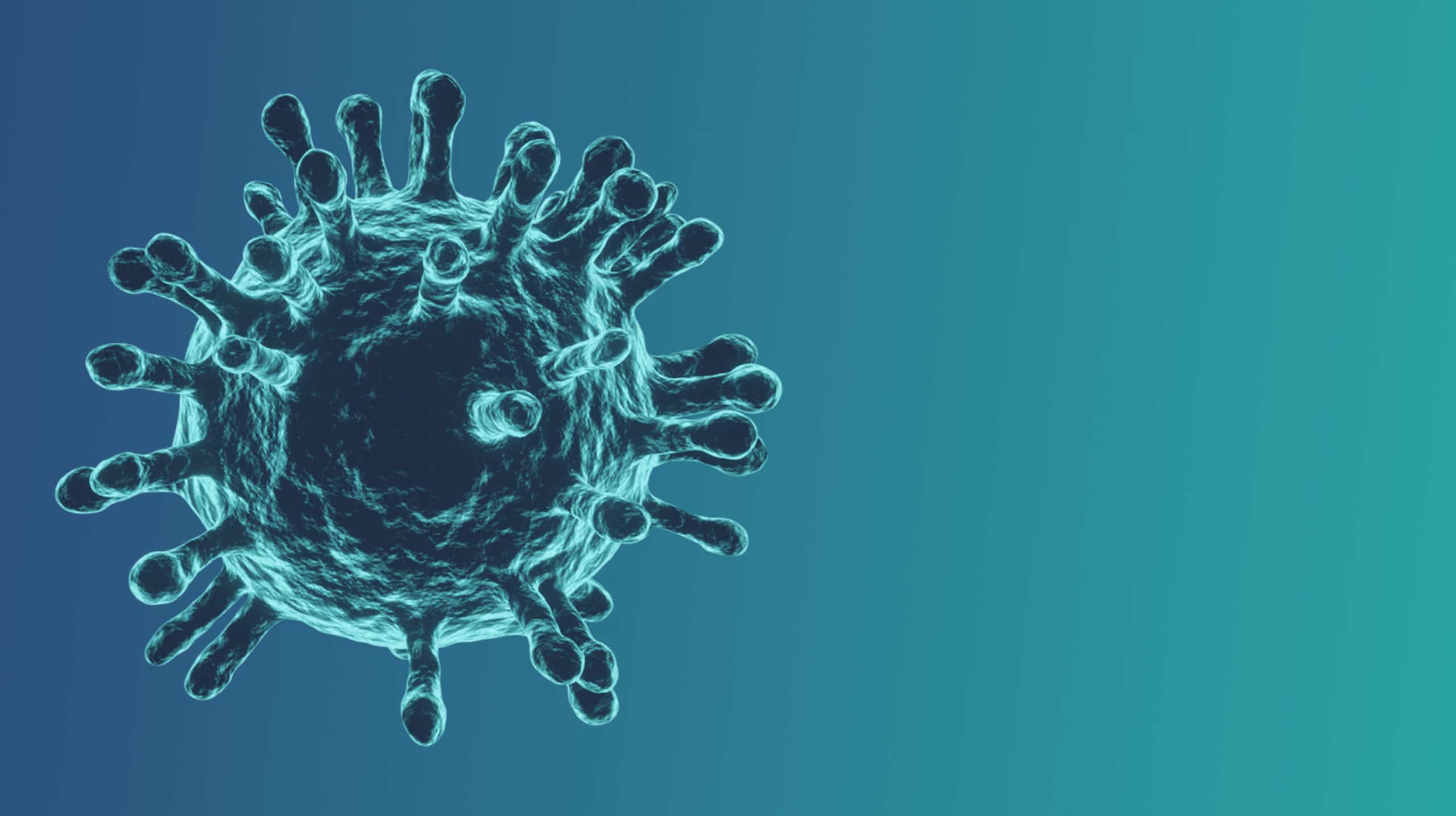
Here’s the latest CBD news:
- A University of Chicago study suggests cannabidiol can inhibit the spread and survival of SARS-CoV-2 (the virus that causes COVID-19).
- The six CBD sellers accused of deceptive practices by the FTC last year have resolved their cases.
- The first placebo-controlled trial assessing CBD’s potential for PTSD treatment speaks to the safety, but low efficacy of the compound.
- An in-depth financial analysis of hemp industry sales from Nutrition Business Journal reports on 2020’s failure to thrive and the anticipated rebound in coming years.
Table of Contents
- CBD May Counteract COVID-19 Spread and Augment Immune Response, Study Says
- FTC Reaches Agreements with Six CBD Brands Accused of Deceptive Practices
- Cannabis Well-Tolerated, but Underwhelming in PTSD Trial
- Nutrition Business Journal Report: Hemp Sales Lagged in 2020, but the Rebound Is Coming
CBD May Counteract COVID-19 Spread and Augment Immune Response, Study Says
A preprint study from the University of Chicago claims that cannabidiol is capable of slowing and even reversing many of the deleterious effects of SARS-CoV-2 (the technical name for the virus that causes COVID-19, the disease).
To measure the antiviral potential of cannabidiol on COVID-19-infected cells, the researchers pretreated human lung carcinoma cells with cannabidiol for two hours before infecting the cells with SARS-CoV-2.
The researchers also used two other antiviral agents, one used for HIV and another that was implicated for SARS-CoV-2 treatment, for comparison purposes.
A full 48 hours after the cells were treated with cannabidiol, researchers found that it “inhibited viral replication under non-toxic conditions” along with the other two agents that were tested.
The mechanism driving this effect was surmised to be an interference with “viral gene expression,” which refers to the process by which viral cells can mature and proliferate.
In other words, the researchers concluded that cannabidiol counteracts SARS-CoV-2 on a genetic level by partially preventing the virus from entering lung cells, maturing, and spreading.
FTC Reaches Agreements with Six CBD Brands Accused of Deceptive Practices
As the multi-agency crackdown on deceptive marketing in the CBD industry continues to intensify, six companies slapped with Federal Trade Commission (FTC) complaints last year have all achieved resolution.
At the crux of each complaint were illegal health-related claims that the brands made, such as that their CBD products can treat heart disease, insulin resistance, and other serious conditions.
The “decisions and orders” published by the FTC for these actions against Bionatrol Health, LLC, Epichouse, LLC, CBD Meds, Inc., Easybutter, LLC, Steves Distributing, LLC, and Reef Industries, Inc. outlined dozens of provisions and compliance requirements the brands will have to abide by in order to avoid further sanctions.
The provisions within these orders include, but are not limited to:
- Keeping personnel, accounting, and other records for at least 5 years.
- Avoiding claims, “expressly or by implication,” that their products can treat insulin resistance, Alzheimer’s arthritis, fibromyalgia, or any other disease.
- Submitting to interviews from FTC representatives.
- Identifying and notifying eligible customers about the order.
Fines issued to the companies, who have eight days after the effective date of the order to pay them, ranged from $20,000 to $85,000.
Cannabis Well-Tolerated, but Underwhelming in PTSD Trial
A new finding from the University of Pennsylvania’s Perelman School of Medicine brings good news and bad news to PTSD patients considering cannabis: it’s generally safe to try, but it may not work.
In this double-blind, crossover trial, participants smoked either high-THC (12%), high-CBD (11%), or THC + CBD (7.9% and 8.1%, respectively) cannabis, after which the researchers assessed the resulting changes in baseline PTSD symptoms, comparing them to the placebo group.
The authors concluded that there was no “significant difference in change in PTSD symptom severity” between the three kinds of cannabis and placebo.
However, they did mention that all cannabis strains were well-tolerated, and that many participants showed significant improvements in PTSD symptoms as a result of treatment (not the cannabis).
This was the first randomized trial of its kind (objectively comparing placebo to experimental groups); authors concluded with a call for more “adequately powered” studies to support eventual FDA participation.
Nutrition Business Journal Report: Hemp Sales Lagged in 2020, but the Rebound Is Coming
A report recently released by Nutrition Business Journal on the hemp industry’s rapid growth (and eventual stagnation) in recent years has dispelled the commonly held notion that CBD product sales increased throughout 2020.
On the contrary, says the report, CBD sales leveled off and even decreased slightly in 2020 (down 2%), a distinct departure from 2018 and 2019, when CBD sales doubled (each year).
Still, the NBJ report, along with many other prominent analysts, posit that CBD sales will rebound and resume their growth trajectory over the next few years at least (even predicting double digit gains for 2021), though it will be less explosive.
This measured optimism is the result of the “settling in” effect of an explosive trend with staying power.
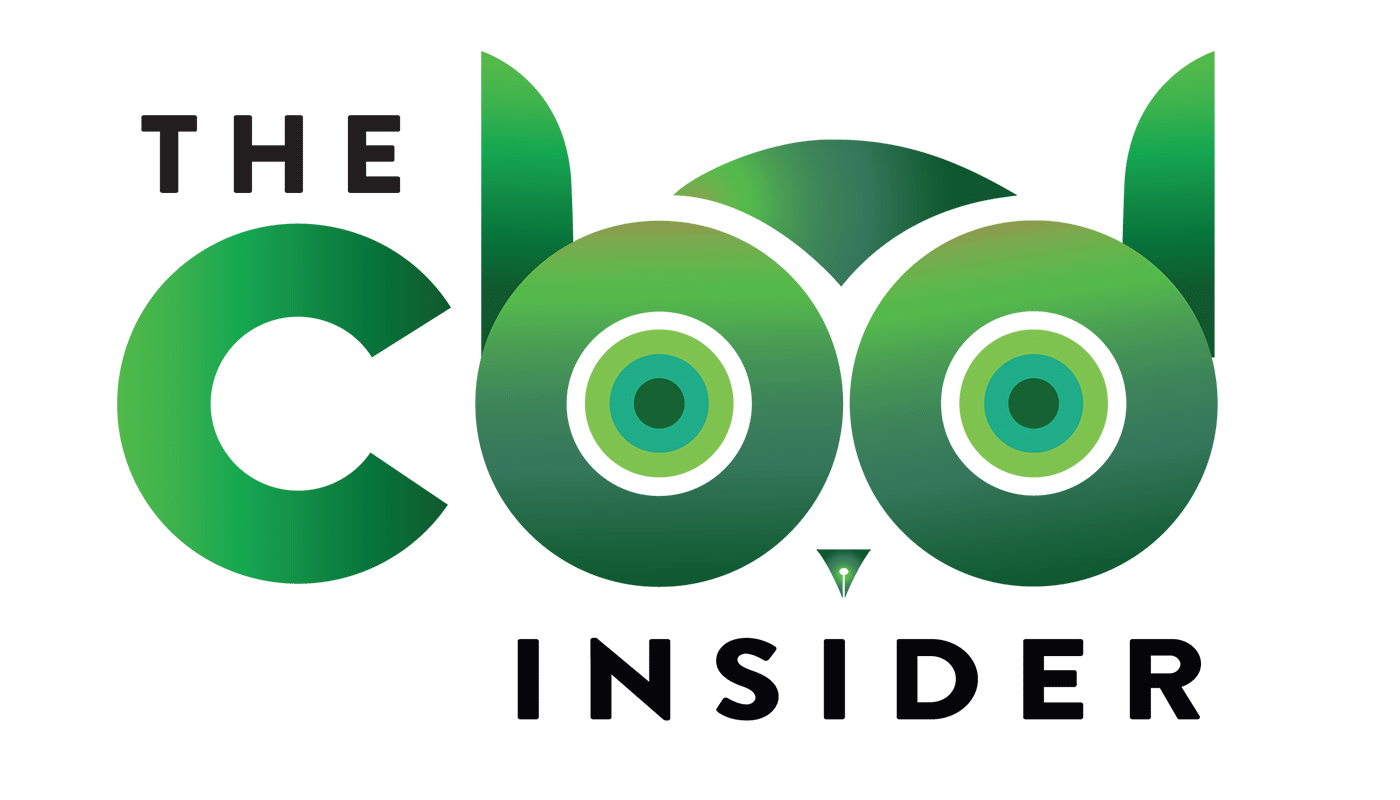

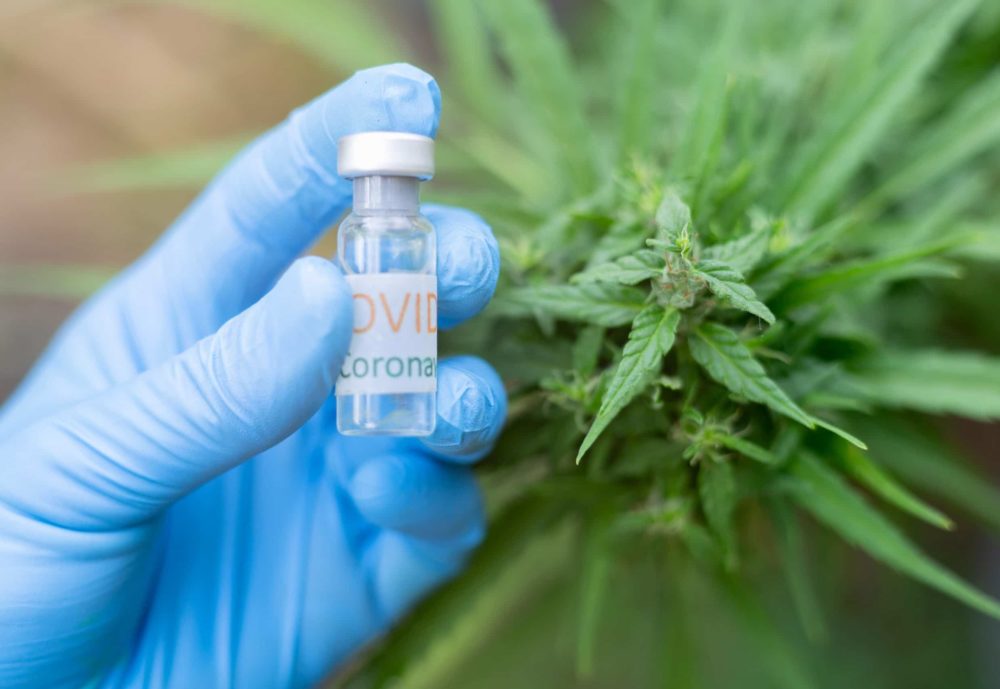
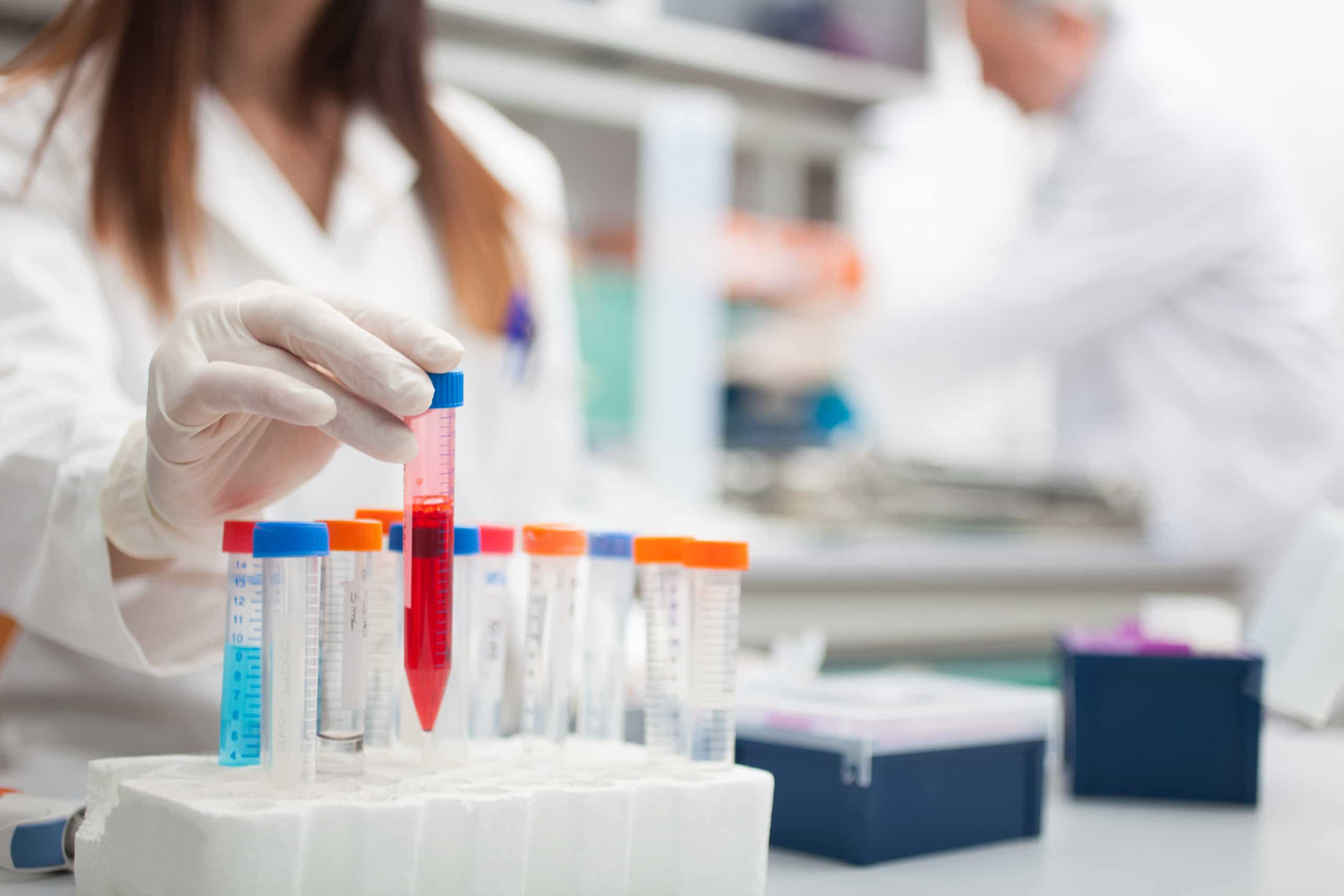
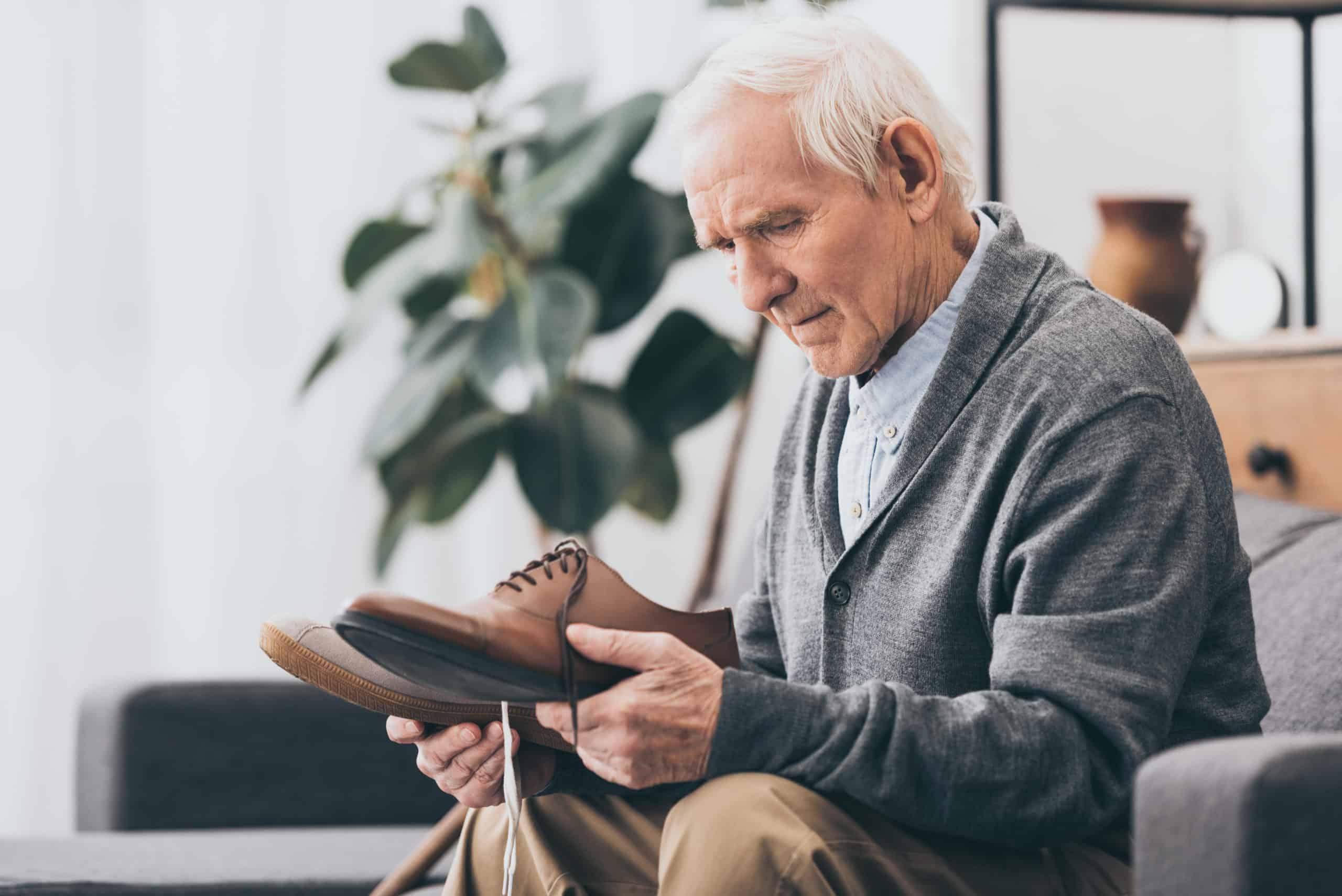
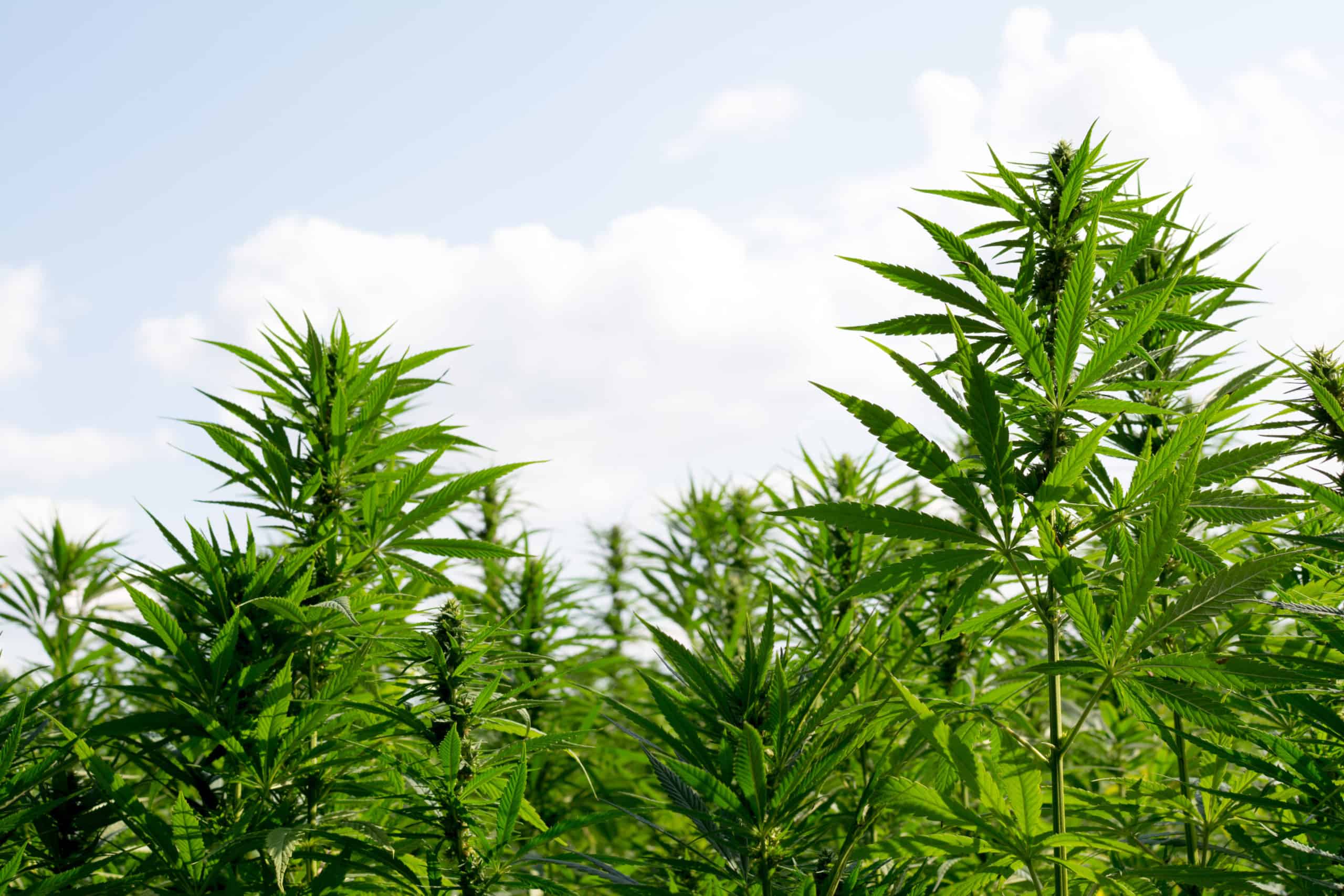
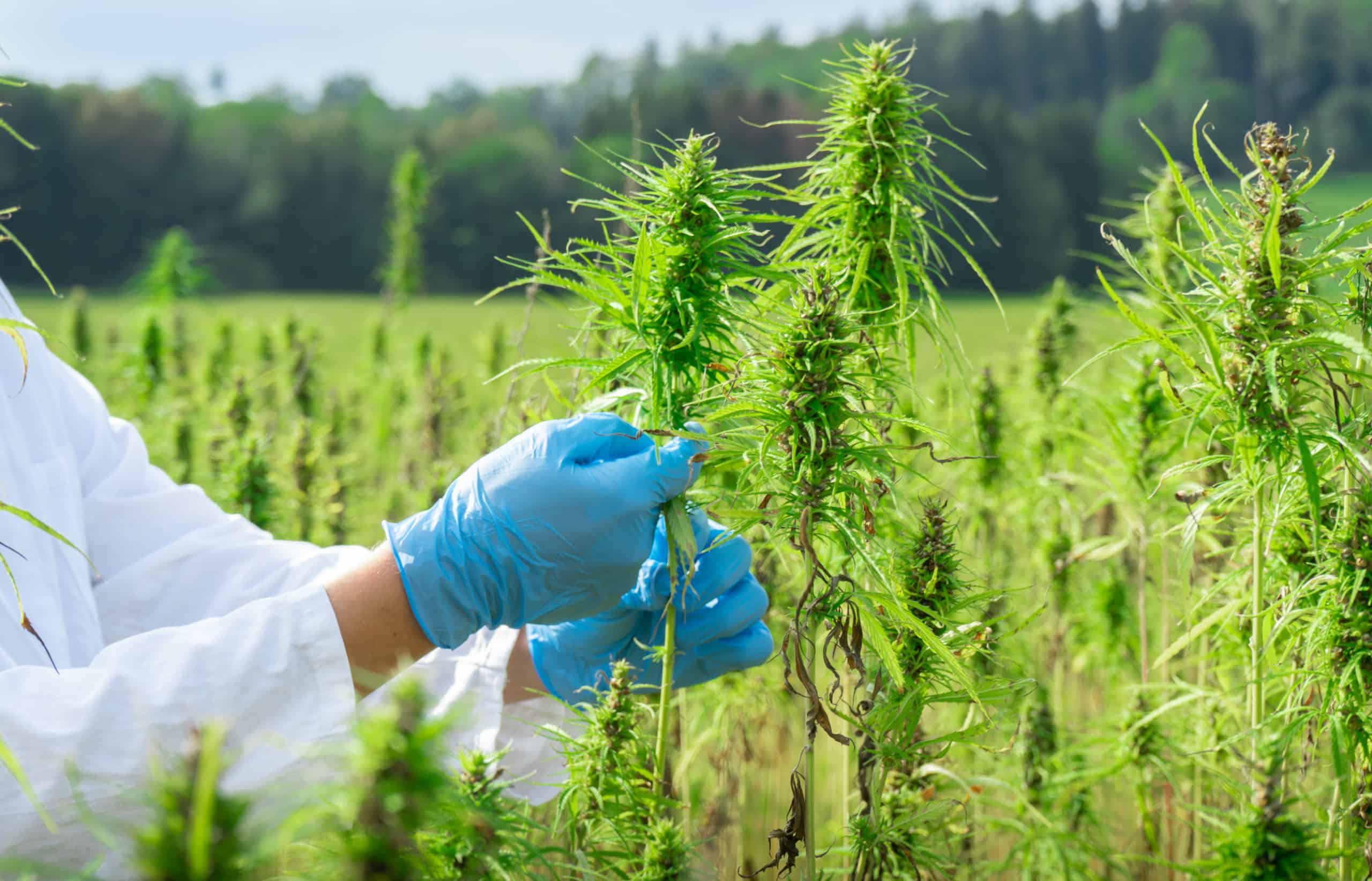

1 Comment
This article is a good read knowing that it tackled a very important topic recently. Many people all over the world are suffering from COVID-19. If what researchers and experts are claiming is true that CBD can help with COVID-19, then it would be a big breakthrough in the medical field.
– Dan White